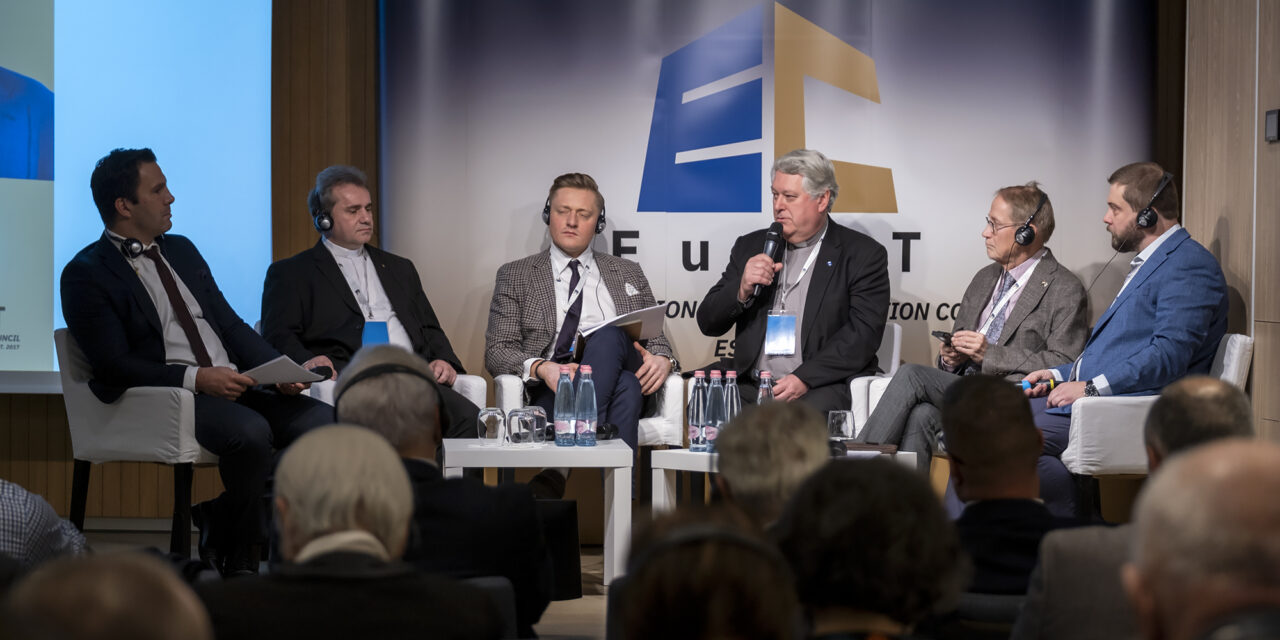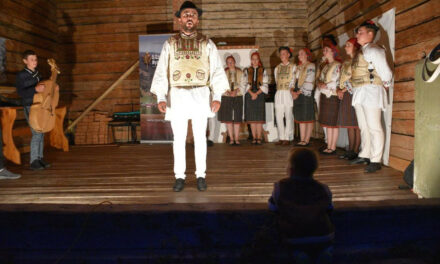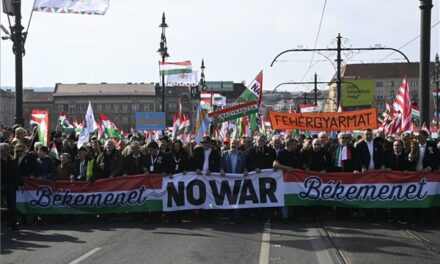The strength of a nation lies in staying true to its intellectual, spiritual and material heritage, and since Hungarian statehood is as old as Hungarian Christianity, our values can be interpreted in the mutual influence of national and Christian thought, said the President of the Republic of Hungary recently. And indeed, it has been proven many times throughout history that Christianity is the point of alignment that provided refuge, hope and a future for the European nations even in the most difficult period. Yet, today in many places in the world there is indifference and rejection towards Christian culture and values, while the experience and knowledge of the churches over several thousand years is questioned again and again. At the same time, with the effective support of the mainstream media, the progressive voices that question national values and even the right to exist of nation-states have become stronger.
Do conservative-minded people have a moral duty to act against this?
Are churches responsible for the spread of progressive ideologies?
What has happened to us in the last 50-60 years, what has led us to question even the laws of nature?
How can we guide young people towards a traditional value orientation? What are the breaking points?
In a nutshell, this is what the following, IV. Panel discussion at the EuCET conference, which you can watch here:
The moderator of the panel discussion is Dániel Ferkó, historian, journalist.
Participants of the panel discussion:
• Dr. Ilmari Rostila, president of the Finnish Suomalaisuden Liitto (Finnish Association)
• Mike Calamus, board member of the Estonian Konservatiivne Eesti (Conservative Estonia)
• Bartosz Lewandowski, rector of the Polish Collegium Intermarianum
• Dr. habil.
Miklós Papp, head of the department of the Sapientia Monastic College of Religious Studies, moral theologian, Eastern Greek priest • Dr. Zoltán Osztie, parish priest of the Budapest-Downtown Assumption Parish
Photo: civilek.info













